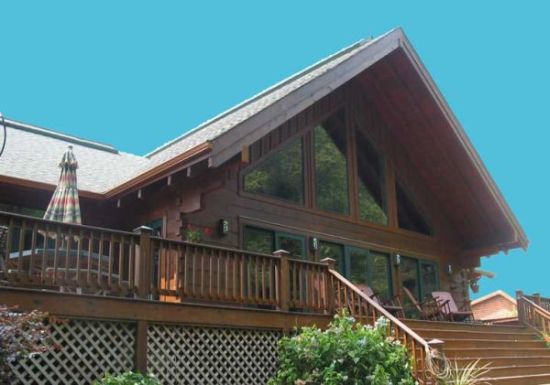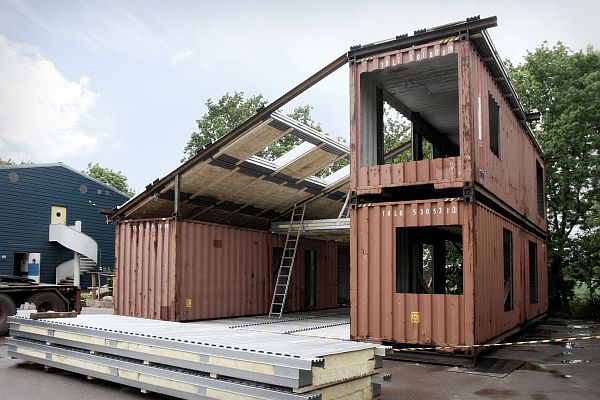People who are lucky enough to live in a part of the country that gets year-round sunshine have probably heard all about the benefits of solar panels for generating electricity for their homes and even gone ahead and acquired a home solar power system. They’re likely familiar with the ways in which the rays of the sun can be harnessed to provide power for outlets, hot water heater, and even backyard swimming pools. However, consumers may have heard very little about how solar energy can be used to operate their home’s heating and cooling systems. Here is a look at this option and how it may be able to benefit families.
How it Works
For decades, homeowners have known that heating and cooling have accounted for the largest draw on a home’s power supply and the owners’ wallets. However, with increased efficiency in HVAC units, that king of electricity usage may be displaced by basic power usage through appliances and devices. Solar thermal heating units further increase efficiency by using a collector to harness solar radiation that heats air before it is moved into the building. Cooling action occurs when a specialized AC unit is powered using energy stored by a solar collector system. Furthemore, it’s always in the best interest of homeowners and business owners to do required groundwork just to ensure that they install the best solar cable and accordingly, maximize the overall solar energy output. After all, they cannot afford to relax on this all-important aspect of solar thermal heating unit installation.
How it Can Help
Like solar panel networks that might be installed to generate electricity for a home, solar collectors can be have a significant initial financial outlay. However, there are several tax breaks and funding programs across the nation that can help decrease the cost of a solar heating and cooling system. Homeowners also can expect to see a significant decrease in their power bills, allowing the solar HVAC to pay for itself over a period of time. People who are eco-conscious or try to live largely off the grid might find a heating and cooling system powered by the sun is a sound choice for their homes.
Other Features
Solar HVAC equipment is mainly dedicated to heating and cooling processes, but homeowners can augment their systems with a variety of additional functions. For example, people living in dry places might want to include an air humidifier as well, or they could opt for an air purifier if high winds kick up a lot of debris and sand in their region. Dehumidifiers are great for places with high humidity during the summer months, too.
How to Get It
There are many mechanical system professionals in the country who can educate consumers about the benefits of a solar HVAC system, though they tend to be more numerous in the southern part of our nation where the sun shines more often. Finding a knowledgeable and experienced installer is crucial for anyone who decides to move forward with a system for his or her home. At Wagner Mechanical, for example, homeowners can find installation professionals who can get the job done quickly and with limited intrusion for one’s home. It is also important to ensure that any solar HVAC system being considered meets federal guidelines for energy tax credits or rebates.
Solar heating and cooling systems are gaining prominence in the world of eco-friendly options for energy consumption. More homeowners likely will be considering this approach in the future.
Article Submitted By Community Writer




